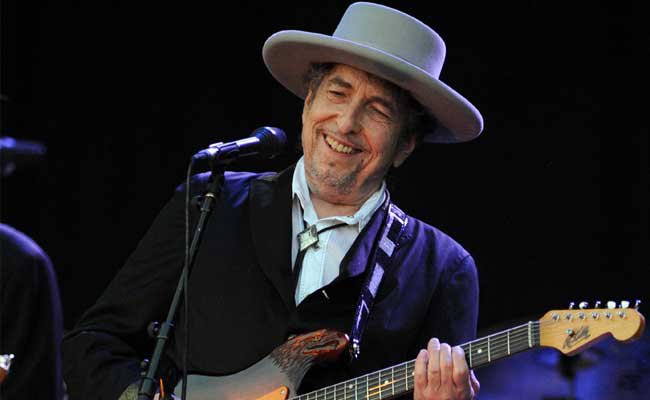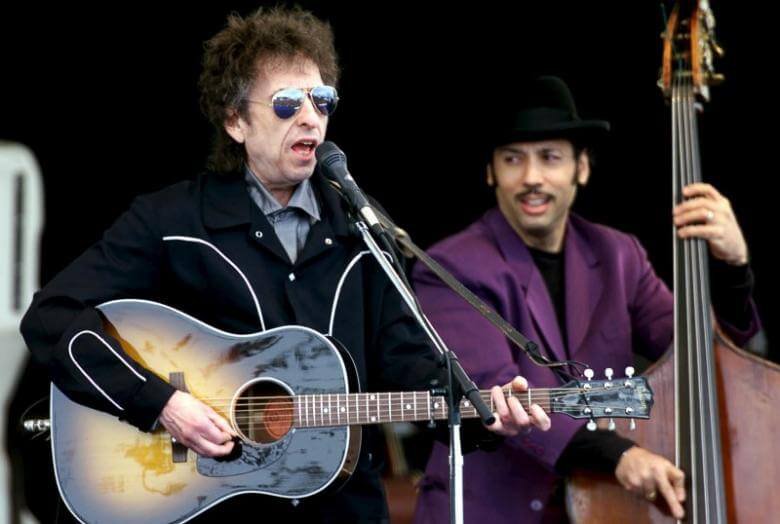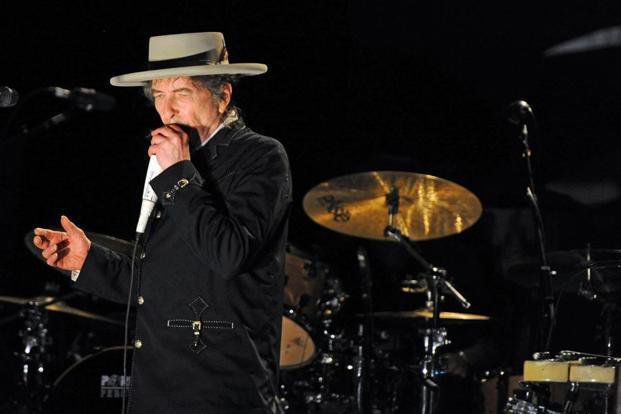Last Thursday, as I sat in a fluorescent-lit lobby of a hotel in the ancient Vietnamese town of Hoi An, sipping on a complimentary cocktail and watching live on YouTube the announcement of the Nobel Prize in Literature for 2016, my two worlds collapsed into each other.
As an editor in an independent publishing house that has published multiple Nobel laureates and continues to publish several who are perpetual Nobel favourites, I have a significant stake in who wins this prize. In 2012, when our author Mo Yan won it, we sold several thousand copies of his book within weeks, made thousands of euros by selling translation rights to other publishers, began relationships with numerous publishing enterprises who hadn’t yet heard of us—in brief, we grew in stature.

We have published long-time Nobel hopefuls such as Adonis, Cees Nooteboom and, most recently, Ngugi wa Thiong’o, and you can’t blame me for rooting for one of them to win the prize this year, a little bit more than others who, like me, are awed by their writing. But, instead of any of those names, what I heard was this: Bob Dylan.
I, as the editor, was yet again disgruntled that it hadn’t been “my” author. But it was Bob Dylan. Within minutes I received a WhatsApp message from my friend in Delhi: “You’d predicted this 20 years back”. Yes, because both that friend and I were, for the lack of a more exalted word, “fans” of Dylan. We’d both started studying literature in college (because no one else would have us; we were the dregs), and we’d just about begun to discover how the words—yes, the words—of the inscrutable Bobby made so much more (non)sense to us than all of, say, Wordsworth and Coleridge put together.
Fandom, much like the stardom of the person you’re a fan of, is irreducible to logic. As teenagers somewhat queerer than others, we found exactly what we needed in Bobby, and in his words and in his aura. With my first-earned internship money, I bought Dylan’s Complete Lyrics. I got to know many of the “songs” before I’d heard them (this was pre-YouTube, etc.). Instead of saying Happy Birthday, I scribbled the lines of Forever Young in cards to my close friends. When we imagined someone fancied me, I further imagined singing to that person: “Do you love me, or are you just extending goodwill?” That was the edge, the impenetrability, the sheer difference I craved for. Twenty years on, it’s still with me.
Ever since the announcement of the prize, a lot of words have been shed on “literary merit”, without people realising that it has little to do with the Nobel Committee and its decisions. The committee honours the words in a private citizen’s will about how he intended to divest his privately earned fortune. The accountability that we, in this great era of democracy, have thrust upon the Nobel Prize is our own doing and our own problem. The prize never sought out to be the pinnacle of literary recognition; it was meant to award “in the field of literature the most outstanding work in an ideal direction”—a vague enough diktat worthy of Dylan. It is perhaps not surprising then that it has overlooked widely regarded literary masters such as Tolstoy, Proust or Joyce, and awarded non-literary writers such as Russell, Bergson and Churchill.
In 2016, it gave the prize to Dylan “for having created new poetic expressions within the great American song tradition”. This statement is unimpeachable. You cannot fault the Nobel Committee for staying true to what it believes is its prerogative. When people say that “song” is not literature, one might remember that this is not the first time that a song-writer has been so recognised. It happened also in 1913. It’s fine to say that Rabindranath Tagore wrote all kinds of things, but his lasting legacy is Rabindrasangeet. Words sung are much older than words written down. The printed word, by which we identify literature today, is a comparatively recent phenomenon. There is a special value to words that are heard, and to say that it doesn’t form literature is not simply to limit its scope but actually to be untrue to it.

The overwhelming truth in this matter is this: the Nobel Prize needs Bob Dylan much more than Bob Dylan needs the Nobel Prize. With 54 years of bestselling albums, an eternally sold-out Never-Ending Tour, a place in the Rock and Roll Hall of Fame, a Legion of Honour and a Presidential Medal of Freedom, Dylan needs no further recognition. The Nobel Prize, on the other hand, needs to honour him so that it can broaden its own idea of literature, and, perhaps, as many have pointed out, to make a statement against the scourge of Donald Trump and other “deplorables” in America.
Literary merit may remain a discussion in university departments, but let us remind ourselves of what we call literature in most of India: sahitya. It’s a Sanskrit word derived from the expression sahit, which means “with”. Sahitya is “withness”, “togetherness”; it is something that stays with you—it is the company of words. And songs are special collections of words that really stay with you.

First you hear them, then you listen to them, you memorise them and then you sing them to yourself when you’re alone or to your loved ones when you’re with them. You repeat those songs again and again, yet they return fresh. In giving the Nobel Prize to Bob Dylan, we don’t honour an already-much-honoured artist; we celebrate, instead, the delightful company of words—words that are sung rather than written, heard rather than read.
(Feature image source: AFP)

















